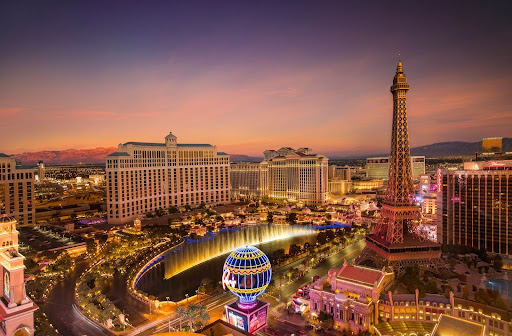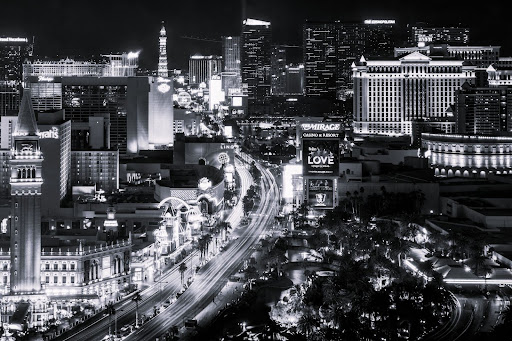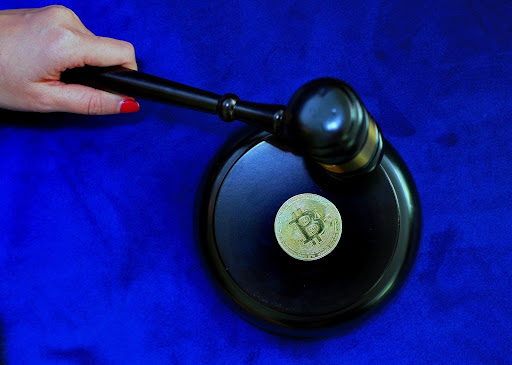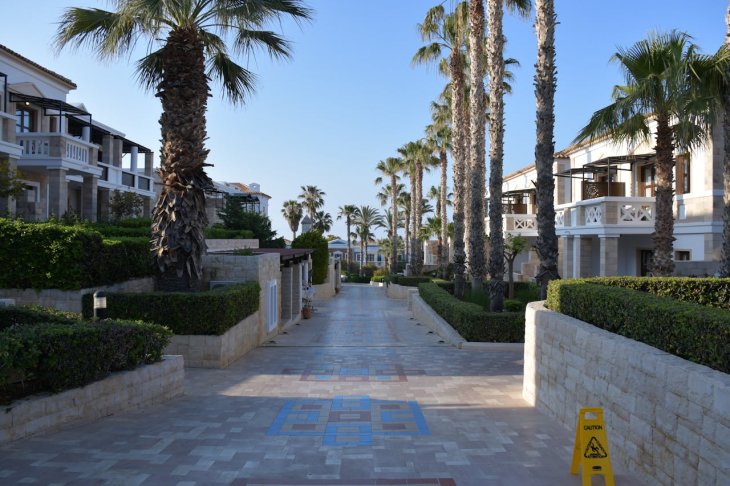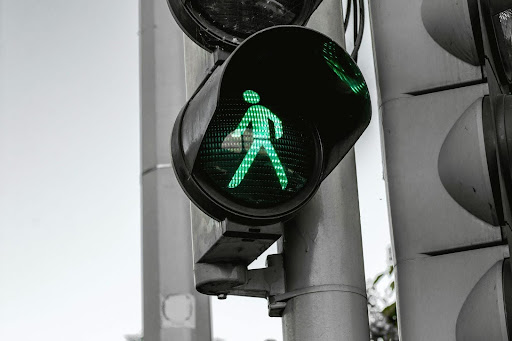Nevada’s gambling slump continued in March as a 5% year-on-year fall at the Las Vegas Strip led to a 1.1% decline across the Silver State. State figures would have been much worse but for strong performances from downtown Las Vegas and the Boulder Strip. Gains in these areas, however, weren’t enough to combat the poor performance of the Las Vegas local market.
The Strip’s poor performance in March means it has experienced 7 year-on-year declines in 8 months, although that is compared to the backdrop of 2024’s record figures.
Nevada Gambling
Nevada is one of the biggest gambling markets in the world, with nearly 200 casinos across the Las Vegas Valley area, which includes downtown and the Strip. However, while the state has an advanced regulatory framework for physical gambling, it has not regulated online gambling, mostly because the established brick-and-mortar venues and other providers have managed to prevent such legislation so far.
Players in the state can still play at offshore casinos like Klikki Kasino, which offers an even wider range of games than Vegas’s retail casinos, as well as generous sign-up bonuses and the convenience of being able to play from browsers or mobile devices.
Nevada Revenue
The Silver State posted $1.27 billion of gross gaming revenue in March. Although there are reasons for concern regarding the state’s gambling revenue, March was the 49th consecutive month in which Nevada has posted gambling revenue figures of more than $1 billion.
While still substantially higher than any other US market, this represents a 1.1% decline compared to last year. And for the fiscal year, the gambling powerhouse is 1.14% down compared to the year before.
Much of this decline is attributable to a poor performance by casinos on the Las Vegas Strip. Revenue was $681.7 million for the month, down 5% on the year. The Strip has now posted 7 months of declines out of the last 8, with only January showing any improvement. For the fiscal year, the Strip’s revenue is down 3.35%.
Clark County’s figures were supported somewhat by other areas that ultimately performed better than the main Strip. Downtown Las Vegas posted 11.5% gains, reaching $85 million, while Boulder Strip was also up, 10.2% at $86.3 million. The local market, however, was down 2.5% at $162.8 million.
In northern Nevada, Reno stood out as being the only significant market to post gains. Sparks (-2%, $14.9 million) and South Lake Tahoe (-7%, $14.7 million) were both down in March, while Wendover posted roughly the same figures as in 2024. Reno, though, posted impressive gains of 12.3% with gaming revenue of $10.2 million at table games alone. Slots were also up 10%. Across all markets, Reno was up 10% to $57.6 million.
Table Results
Table revenue led to the decline on the Strip. In March, gross gaming revenue for table games was down 16.6% at $262 million. Baccarat performed especially poorly, seeing its revenue fall 34% compared to 2024. Baccarat revenue totaled $73.3 million across the Strip’s casinos.
Sports Betting Down
Overall, it was a difficult month for Nevada betting. Like sportsbooks in the rest of the country, the state’s sports betting market paid the price for favorites performing to expectations during March Madness. It was the first time since 2008 that all four favorites progressed to the final four.
Florida’s victory likely cost bookmakers significant sums, and this was represented in Nevada’s sportsbook returns. Sports betting revenue only represents a small portion of Nevada’s gambling market, but it was down more than 25% compared to 2024, at $22.2 million across the state.
Politics
The decline can be attributed, in a fairly significant part, to a significant decline in visitor numbers. 3.38 million people visited the state in March. This is down 8% compared to 2024. However, the Strip and Las Vegas saw 3.9% and 3.1% increases in convention and daily room occupation rates respectively. Las Vegas depends heavily on its visitors and Nevada, as a whole, depends on tourism income.
Fears of a recession, caused primarily by the President’s introduction of reciprocal tariffs to countries around the world, have led to concerns among consumers and economists of an impending recession. Despite healthy unemployment figures, this has likely kept visitors at home.
Will Vegas regulate online gambling?
2025’s results are compared to those of 2024, which was a record year for the state and Las Vegas, in particular. However, the numbers are still concerning, especially considering their prolonged drops. A let-up doesn’t seem likely soon, and this may lead to more calls from businesses and some lawmakers to regulate online gambling in the state.
The state did legalize mobile sports betting in 2010, and is one of nearly 40 states to have done so. In comparison, only seven states have so far regulated online casinos. Nevada did legalize online poker in 2013 and, in 2014, it joined Delaware in forming the interstate poker compact that allowed players from member states to compete against one another online. Today, six states make up the compact, with at least one other looking to join.
Nevada has expressed concerns over the impact that regulating online gambling would have on its retail casino market, however, which means they are unlikely, at least in the immediate future, to add online casinos to their regulated market even though around three-quarters of their gambling revenue comes from visitors to the state, who would be unlikely to stop visiting even with Las Vegas licensed online casinos.

